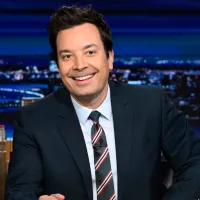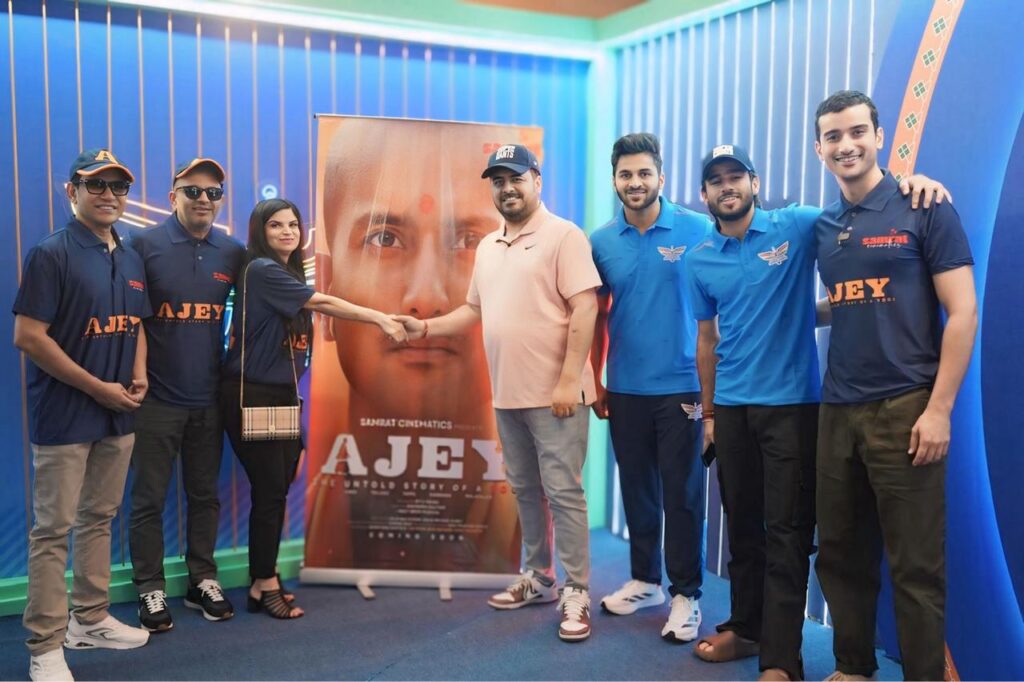Introduction:
In a surprising turn of events, late-night talk show host Jimmy Fallon has been publicly offered a $1 million air-taxi bet by a prominent short seller. This unusual challenge comes amid growing interest and speculation surrounding the burgeoning air-taxi and urban air mobility industry. The offer has sparked widespread discussion across social media and financial circles, highlighting the intersection of celebrity culture and high-stakes market speculation.
Body:
The air-taxi sector, which involves the development and deployment of electric vertical takeoff and landing (eVTOL) aircraft for urban transportation, has attracted significant investor attention over the past few years. Companies in this field are promising to revolutionize urban commuting by offering faster, cleaner, and more efficient alternatives to traditional transport methods.
The short seller’s bet to Jimmy Fallon centers around the future viability and commercial success of air-taxi companies, many of which have seen volatile stock performances. By issuing a high-profile wager, the short seller aims to challenge the optimism of proponents who foresee a near-term boom in urban air mobility. This offer not only draws public attention to the financial dynamics of the sector but also underscores the skepticism among some investors regarding the technological and regulatory hurdles still to be overcome.
Jimmy Fallon, known for his lighthearted and engaging public persona, has yet to respond definitively to the bet. However, the public nature of the challenge has amplified interest in the air-taxi market, encouraging a broader audience to learn about the potential and risks of this emerging industry.
Industry experts remain divided on the air-taxi market’s outlook. Proponents highlight advancements in battery technology, autonomous flight systems, and government support as key drivers for future growth. Critics, including some investors and analysts, caution that regulatory approval, infrastructure development, and consumer adoption pose significant barriers that could delay widespread implementation.
The short seller’s challenge to Fallon thus symbolizes a larger debate within the financial community: whether the hype around air taxis is justified or inflated. The outcome of this debate will likely influence investment trends and the pace of innovation in urban air mobility.
Conclusion:
Jimmy Fallon’s $1 million air-taxi bet offer from a short seller has captured public and market attention, serving as a focal point for discussions on the future of urban air mobility. While the sector holds transformative promise, it also faces considerable challenges that have split investor opinion. As this debate unfolds, stakeholders will be watching closely to see if air taxis can truly revolutionize urban transportation or remain a speculative investment bubble.



